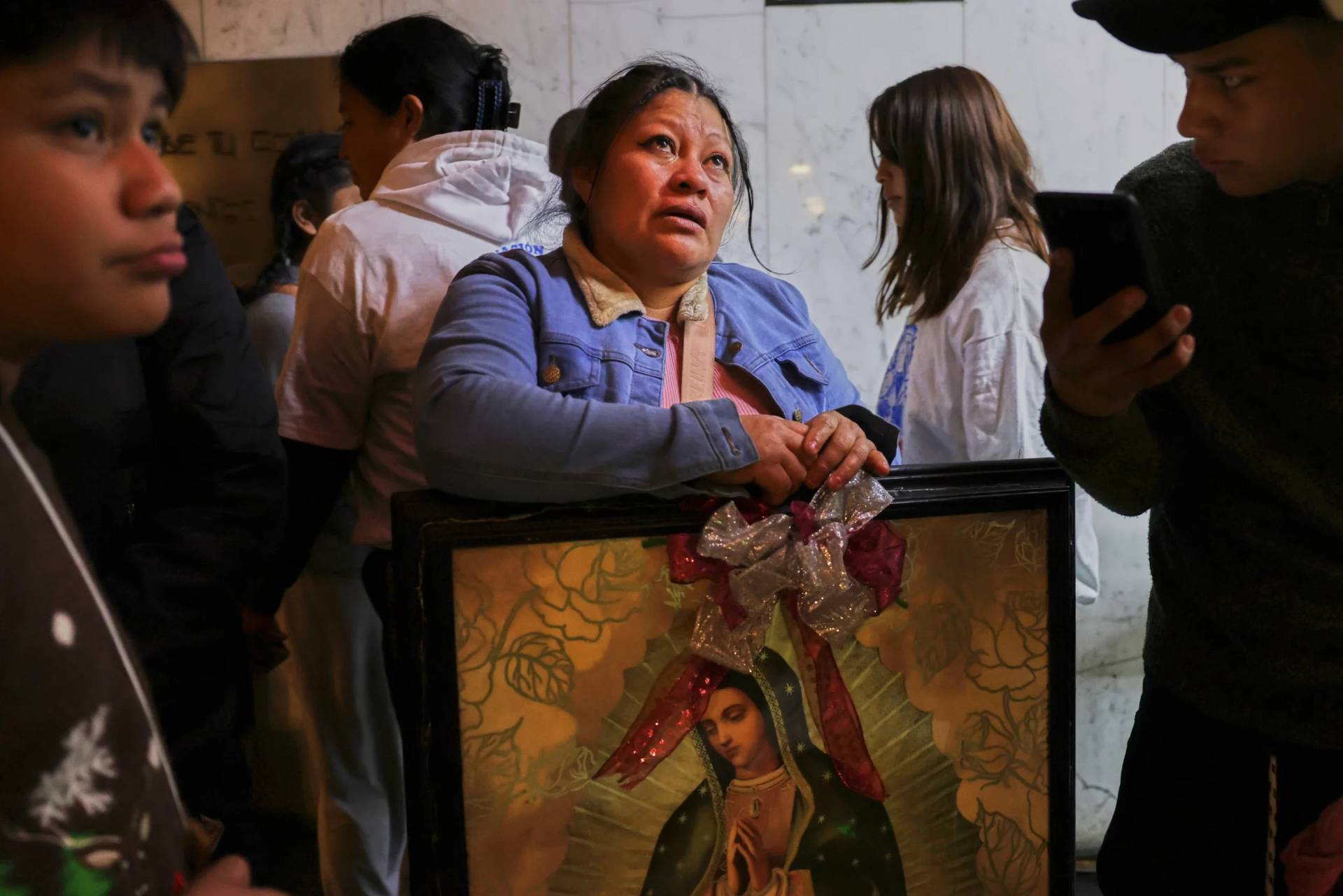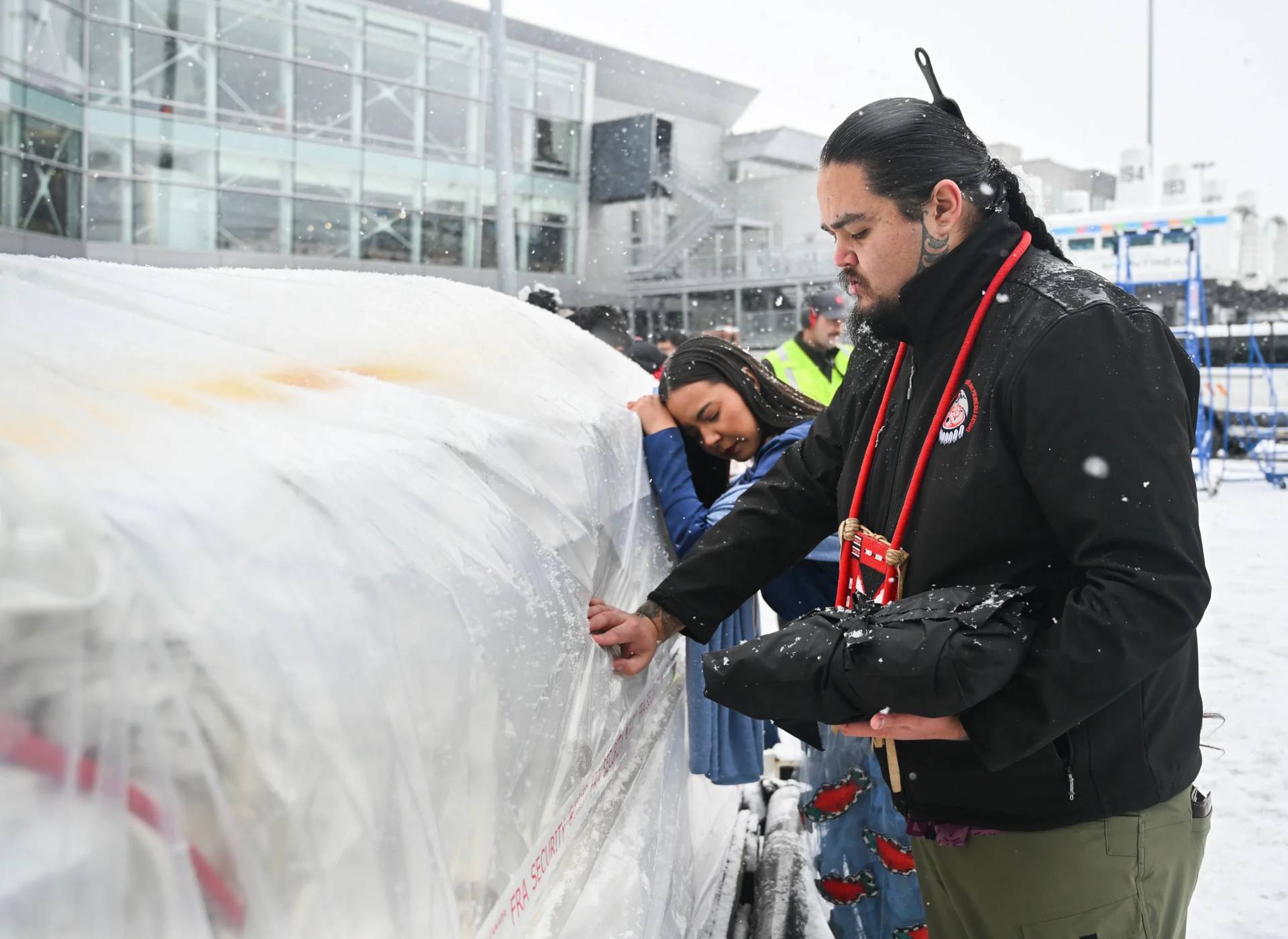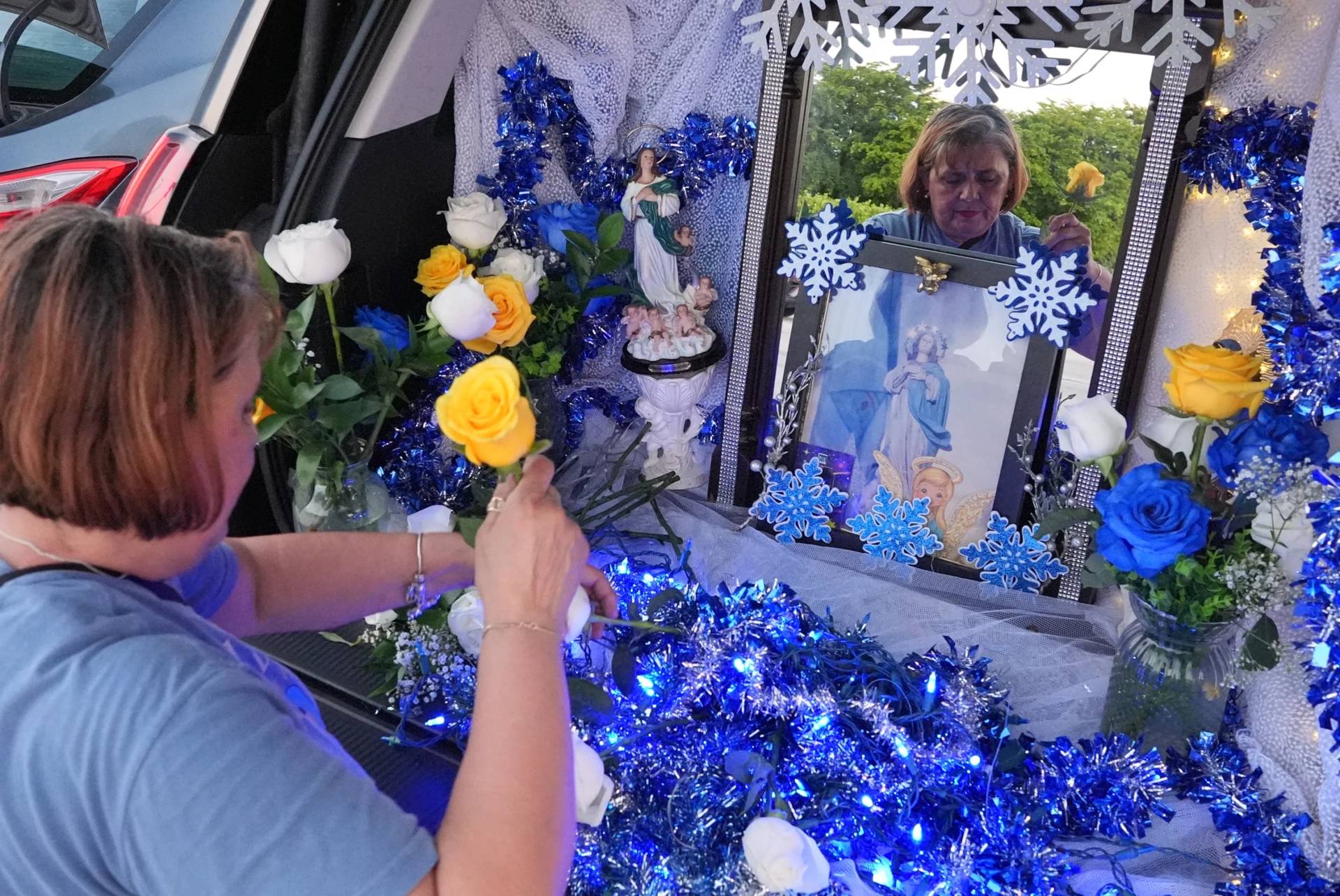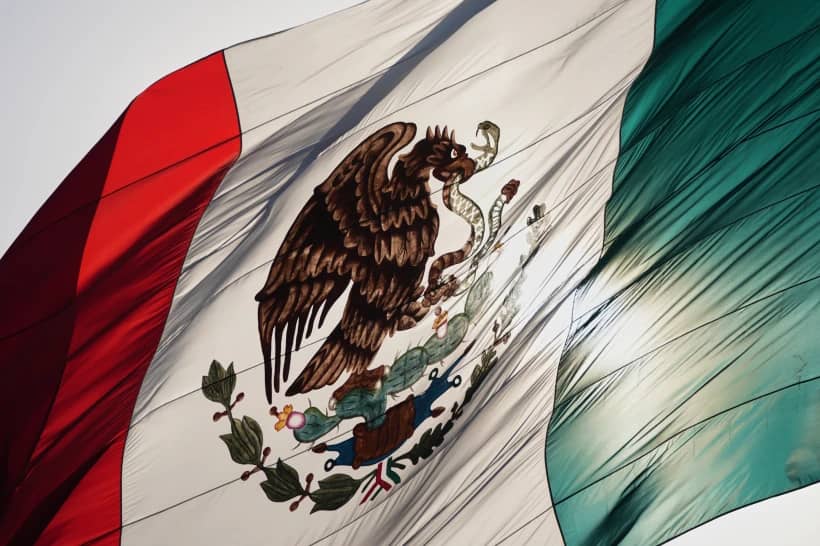ROME – Archbishop Miguel Cabrejos, president of the Peruvian bishops’ conference (CEP), asked President Pedro Castillo to dialogue with the people hours after he canceled a curfew he had imposed the day before in an attempt to control protests against him.
The president, a left-wing, pro-Communist former teacher who was elected last year, announced the “decree of reduced mobility” for the cities of Lima and Callao, the country’s two largest cities, on April 4. By late afternoon on April 5, he was forced to lift the curfew. Cabrejos, the archbishop of Trujillo, had argued the decree went “against the basic rights of the population.”
Castillo ordered the curfew following intelligence reports from the Peruvian National Police on the complex security problems caused by the protests of truck drivers and farmers. The state of emergency ordered people to stay at home and restricted the right of movement and public assembly. It also eased rules limiting arbitrary searches.
According to the Associated Press, the government said people could leave their homes only in cases of medical emergency or to buy medicine or food. The curfew exempted essential services such as food markets, pharmacies, clinics, and trash collection. But there were no buses to take workers to their jobs.
Truckers and other transport workers have been striking over fuel and food prices, blocking some key highways. Protests over the past week have resulted in four deaths and the burning of toll stations. There has also been small-scale looting.
Castillo lifted the curfew a day after imposing it, but the damage had already been done: Hundreds of thousands took to the streets in defiance of the measure, also demanding that Castillo and other politicians leave office, echoing a shout known well in Latin America: “All go!” (que se vayan todos) to the sound of pots and pans, in a protest method known as “cacerolazo,” first seen in Argentina during the economic crisis of 2001.
Castillo came to office after a deeply divisive election against right-wing rival Keiko Fujimori in June 2021. He won by a margin of just 44,000 votes. Though he has described himself as a Catholic and a devotee of the Virgin Mary, his party, “Perú Libre” (“Free Peru”) is Marxist and aligned with “Sendero Luminoso” (“Shining Path”), a communist guerrilla group that has a political arm called Communist Party of Peru – Shining Path.
In his statement, Cabrejos argues that the curfew was “disproportionate and the government must make transparent the reason for its decision. This is almost like a state of siege that only applies, according to our Constitution, to cases of invasion, foreign war, and civil war.”
Citizens interpret this measure as an improvised action “that shows the lack of capacity of the government to manage the social conflicts that have arisen in the last days in many points of the country,” the prelate wrote.
“We ask the government not to apply this measure, which seriously affects everyone,” he said, “but especially the poorest, who must search daily for the sustenance of their families. Let us remember that more than 70 percent of the workers in Peru are informal.”
Castillo suspended the curfew seven hours before it was scheduled to end at 11:59 p.m. on April 5, but the bishops still worried he would re-impose it or find another way to limit the right to protest.
Peru has been in crisis since 2016. During that time, the country has had five presidents, and there have already been two attempts in Congress to remove Castillo.
The COVID-19 pandemic did nothing to assuage the political, ethical, moral, social, and ecological crises the country faces. A recent oil spill by Spanish giant Repsol also impacted the price of fuel, in addition to the environmental damage it caused.
Speaking with a news outlet on Tuesday, after the curfew was lifted, Cabrejos said that the church is not alien to human reality and warned the government against creating other crises that clearly impede the full exercise of citizens’ liberties.
“Think of the Peruvian people, think of the poor, think of those who have elected you,” the prelate said, adding that the right to protest is legitimate and the church has never supported violence for political purposes.
Follow Inés San Martín on Twitter: @inesanma















